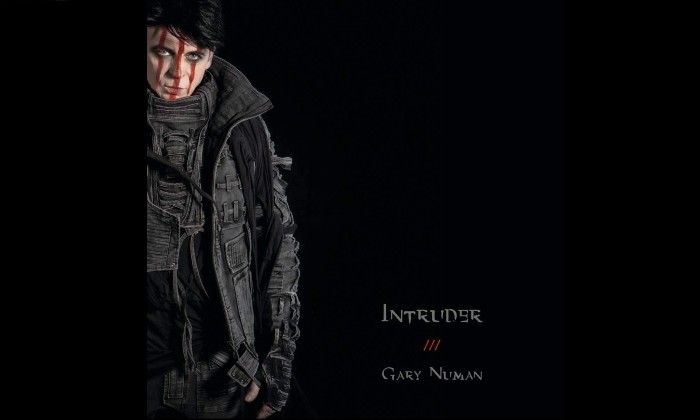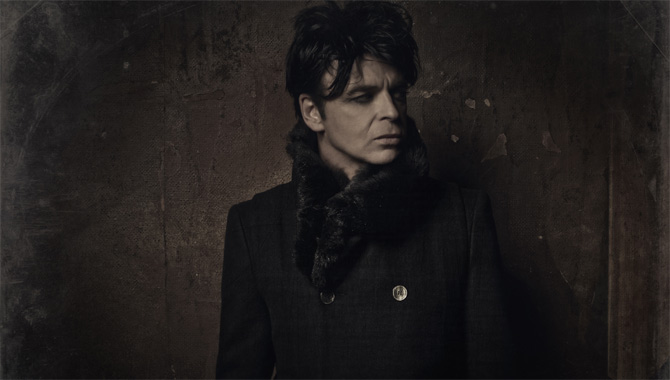May 2021 Favourites: 'The Sky Is Bleeding' But We're Not 'SOUR' As 'Daddy's Home'
The fifth month has delivered five firm favourites as we look back at the best that May had to offer
Whilst Billie went Vogue in the UK, Ingenuity went rogue on Mars. Little Mix became the first all female group to pick up a BRIT award for Best Group and Taylor Swift became the first woman recipient of a BRIT Icon award. Both Ariana Grande and the PM, Boris Johnson, got married, thankfully not to each other. Chelsea FC won the European Champions League title beating Manchester City and the UK's James Newman pulled off a theoretical impossibility by scoring nul points and losing to all other Eurovision entries. Blossoms, The Lathums and Zuzu successfully entertained 5,000 fans at Sefton Park as part of the Government's national Events Research Programme (ERP) and a technical hitch had Emily Eavis say she was "so sorry" after the Glastonbury live-stream event (initially) failed. May has been quite an eventful and fruitful month and these are our top five musical highlights to accompany the big news stories.

Olivia Rodrigo - SOUR.
Continue reading: May 2021 Favourites: 'The Sky Is Bleeding' But We're Not 'SOUR' As 'Daddy's Home'


















